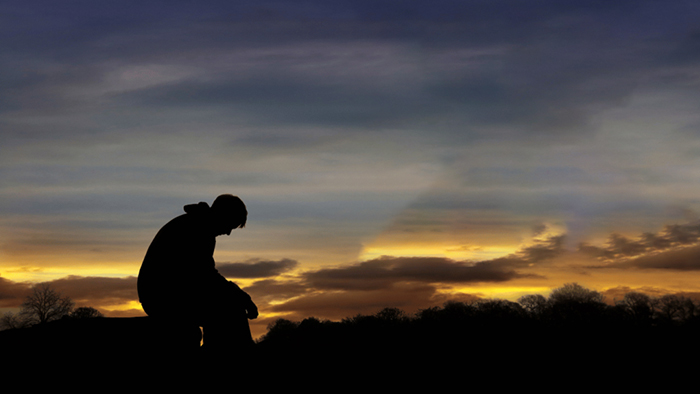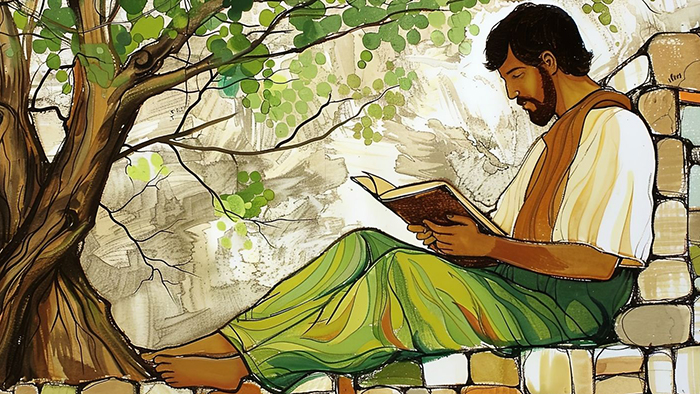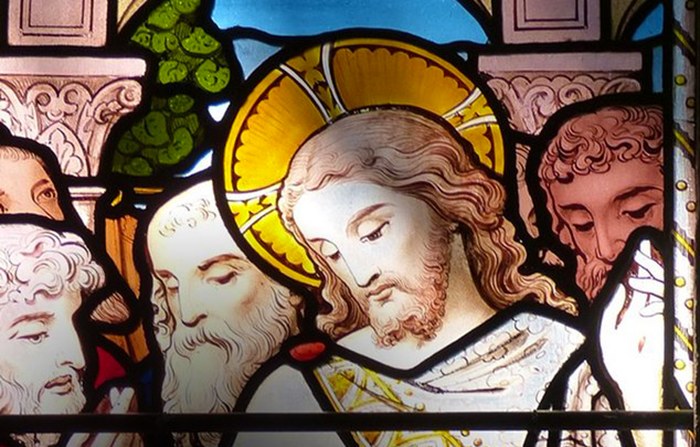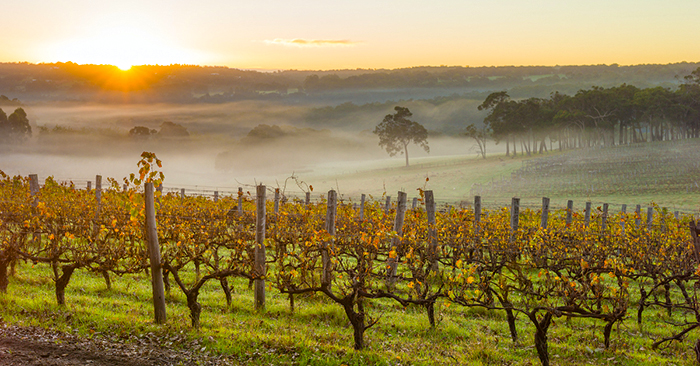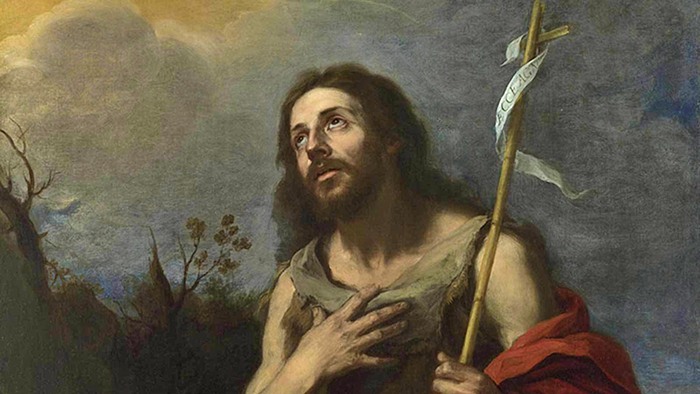
Scripture tells us that as John the Baptist grew up he became strong in spirit. My growing up was somewhat different. The virtue of courage is not contingent upon birth, temperament, or mental toughness, though these can be helpful. Courage is a gift from the Holy Spirit and that’s why one’s temperament and background may only serve as an explanation and not as an excuse for a lack of courage. Fr. Rolheiser writes that he highlights the above because our situation today demands courage from us, the courage for prophecy. We desperately need prophets today, but they are in short supply and too many of us are not particularly eager to volunteer for the task. Bryan Massingale, a strong prophetic voice on the issue of racism, submits that the reason we see so little real progress in dealing with racial injustice is the absence of prophetic voices where they are most needed, in this case, among the many good white people who see racial injustice, sympathize with those suffering from it, but don’t do anything about it. Several years ago, a visiting professor at our school, an Afro-American man, was sharing with our faculty some of the near daily injustices he experiences simply because of the color of his skin. At one point I asked him: “If I, as a white man, came to you like Nicodemus came to Jesus at night and asked you what I should do, what would you tell me?” His answer: Jesus didn’t let Nicodemus off easily just because he confessed his fears. Nicodemus had to do a public act to bring his faith into the light, he had to claim Jesus’ dead body. Hence, his challenge to me: you need to do a public act. He’s right; but I’m still praying for the prophetic courage to do that. And aren’t we all?


